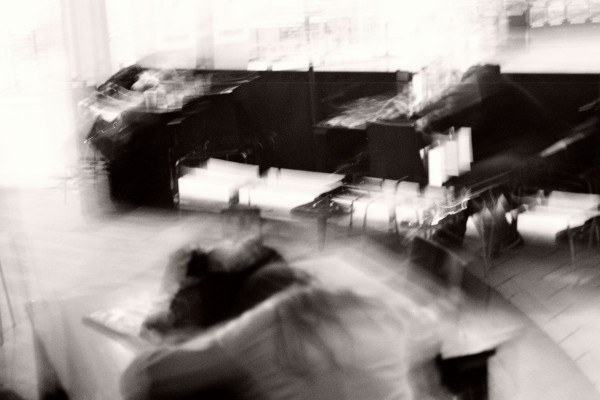Dizziness Vs Vertigo
Posted Jun 13, 2024 at 18:06
Posted Jun 13, 2024 at 18:06

Dizziness and vertigo are as closely associated as lower back pain and sciatica.
Often lazy diagnosing can confuse all dizziness with vertigo, when in some cases it is not.
So what are dizziness and vertigo?
Firstly, they are both symptoms. Vertigo is not a diagnosis in the same way sciatica is not a diagnosis. Instead it is medical jargon to describe the symptoms you may be experiencing.
Vertigo is the sensation of movement, often described as spinning, of the head despite your head being stationary. This is similar to the sensation of dizziness or lightheadedness but is not the same.
The most common cause of vertigo is BPPV or Benign Paroxysmal Positional Vertigo. Crystals within the inner ear which normally make us sensitive to gravity can become dislodged. Once dislodged these crystals can travel to other areas of the ear which are responsible for detecting head movement. This area is called ‘ The semicircular canals’ and together they detect head movement up and down, left and right, back and forth. The crystals' unwanted presence in these semicircular canals causes them to be hypersensitive to movements that otherwise they wouldn't be, especially when lying down.
BPPV however, is just one potential cause for vertigo or dizziness.
Other potential causes may be eye dysfunctions such as BVD (Binocular Vision Dysfunction) or Nystagmus.
Within our practice we commonly see jaw (TMJ) dysfunction and/or cerebellar dysfunction as common causes for dizziness and vertigo.
The jaw joint plays a vital role in head positioning and posture. Considering humans are 80% dependent on vision to know where they are in space, in relation to objects. Our head position is a key part in this function.
Over time small changes in jaw function can start to affect the tilt of your head from side to side, or the upright position of your head. This deviation from normal can then cause confusion between your eyes, ears and the area of the brain responsible for interpreting that information, your cerebellum.
Potential causes or types of jaw dysfunction could include;
Changes to bite- Under, Over, Left and Right
Excessive clenching, biting or grinding
Facial or dental traumas
Cranial/ skull dysfunction
Many of the causes for vertigo or dizziness are resolvable with fantastic levels of success.
If you have suffered from these symptoms and would like to know why and a solution for them please get in touch.